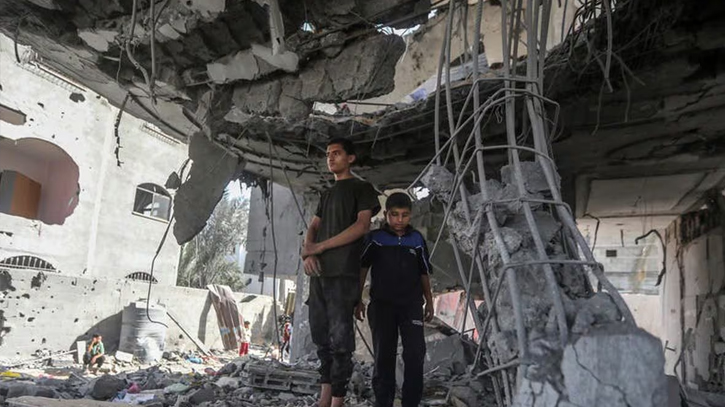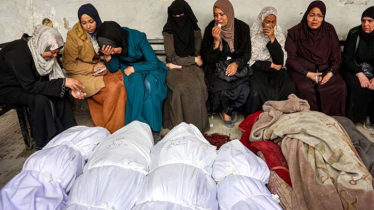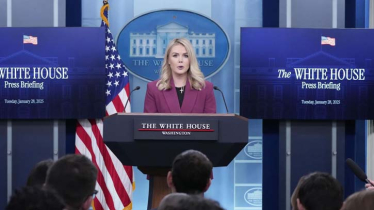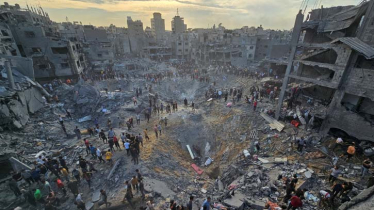
Photo: Collected
The Israeli army on Monday (6 May) ordered tens of thousands of people in the southern Gaza city of Rafah to begin evacuating, signaling that a long-promised ground invasion could be imminent.
The announcement complicated last-ditch efforts by international mediators, including the director of the CIA, to broker a cease-fire. Hamas and Qatar, a key mediator, have warned that an invasion of Rafah could derail the talks.
Israel has described Rafah as the last significant Hamas stronghold after seven months of war, and its leaders have repeatedly said they need to carry out a ground invasion to defeat the Islamic militant group.
Lt. Col. Nadav Shoshani, an army spokesman, said some 100,000 people were being ordered to move to a nearby Israel-declared humanitarian zone called Muwasi. He said Israel was preparing a “limited scope operation” and would not say whether this was the beginning of a broader invasion of the city. But last October, Israel did not formally announce the launch of a ground invasion that continues to this day.
The move comes a day after Hamas militants carried out a deadly rocket attack from the area that killed three Israeli soldiers.
Shoshani said Israel published a map of the evacuation area, and that orders were being issued through leaflets dropped from the sky, text messages and radio broadcasts.
He said Israel has expanded humanitarian aid into Muwasi, including field hospitals, tents, food and water.
Israel's plan to invade Rafah has raised global alarm because of the potential for harm to more than a million Palestinian civilians sheltering there.
About 1.4 million Palestinians more than half of Gaza’s population are jammed into the town and its surroundings. Most of them fled their homes elsewhere in the territory to escape Israel’s onslaught and now face another wrenching move, or the danger of facing the brunt of a new assault. They live in densely packed tent camps, overflowing U.N. shelters or crowded apartments, and are dependent on international aid for food, with sanitation systems and medical facilities infrastructure crippled.
The United States, Israel's closest ally, has repeatedly urged Israel not to carry out the invasion, saying it does not have a credible plan to protect civilians.
But even as the U.S., Egypt and Qatar have pushed for a cease-fire agreement, Prime Minister Benjamin Netanyahu repeated last week that the military would move on the town “with or without a deal” to achieve its goal of destroying the Hamas militant group.
On Sunday, Defense Minister Yoav Gallant claimed Hamas wasn’t serious about a deal and warned of “a powerful operation in the very near future in Rafah." His comments came after Hamas attacked Israel’s main crossing point Sunday for delivering assistance, killing three soldiers.
Shoshani would not say whether the upcoming Rafah operation is a response to Sunday's killing. He said the incident would have no effect on the amounts of badly needed aid entering Gaza because other crossing points remain operational.
He wouldn't comment, however, on U.S. warnings not to invade and wasn't clear on whether the evacuation was coordinated with Egypt.
Egypt, a strategic partner of Israel, has said that an Israeli military seizure of the Gaza-Egypt border which is supposed to be demilitarized or any move to push Palestinians into Egypt would threaten its four-decade-old peace agreement with Israel.
Messenger/Mumu








